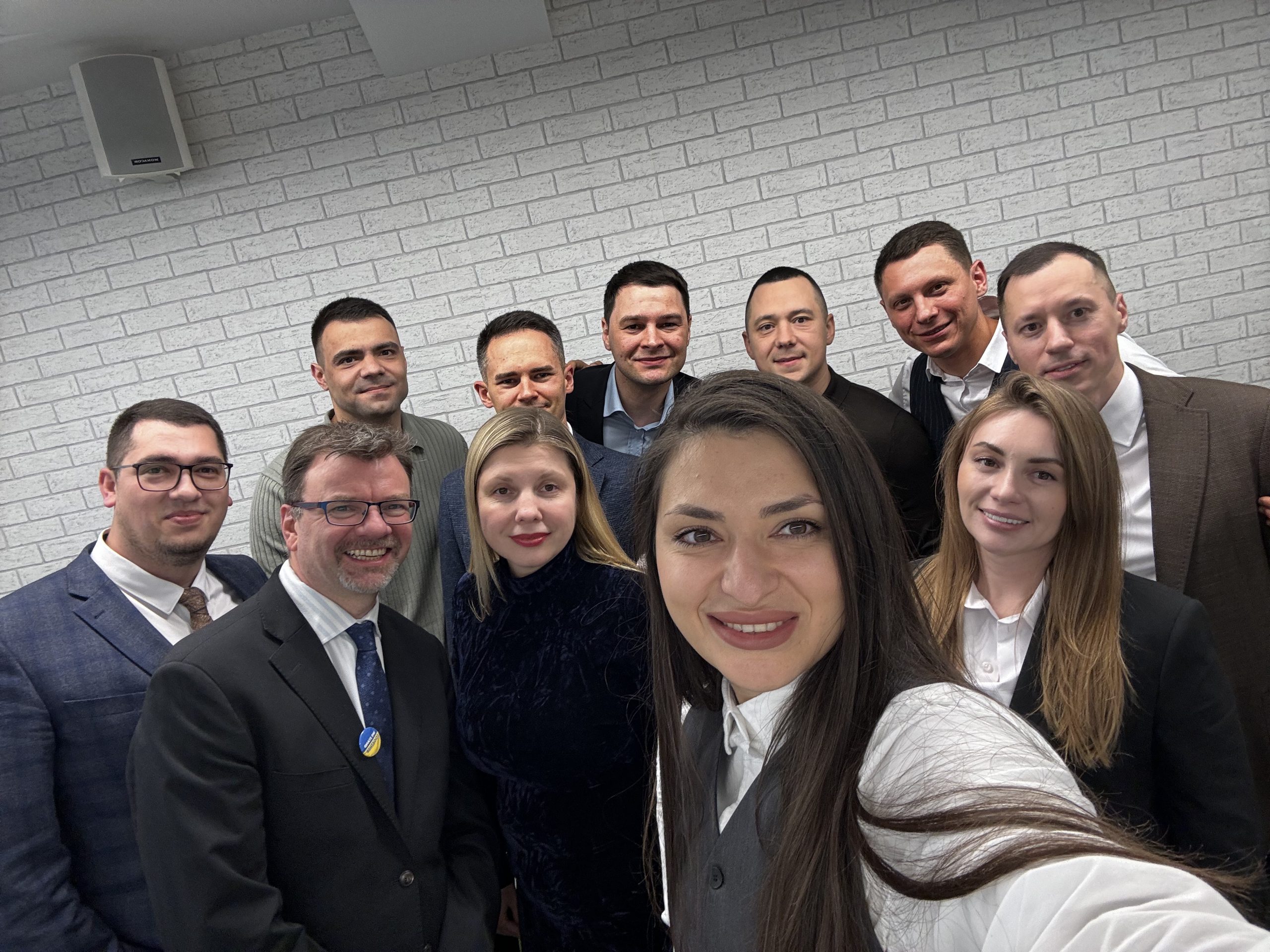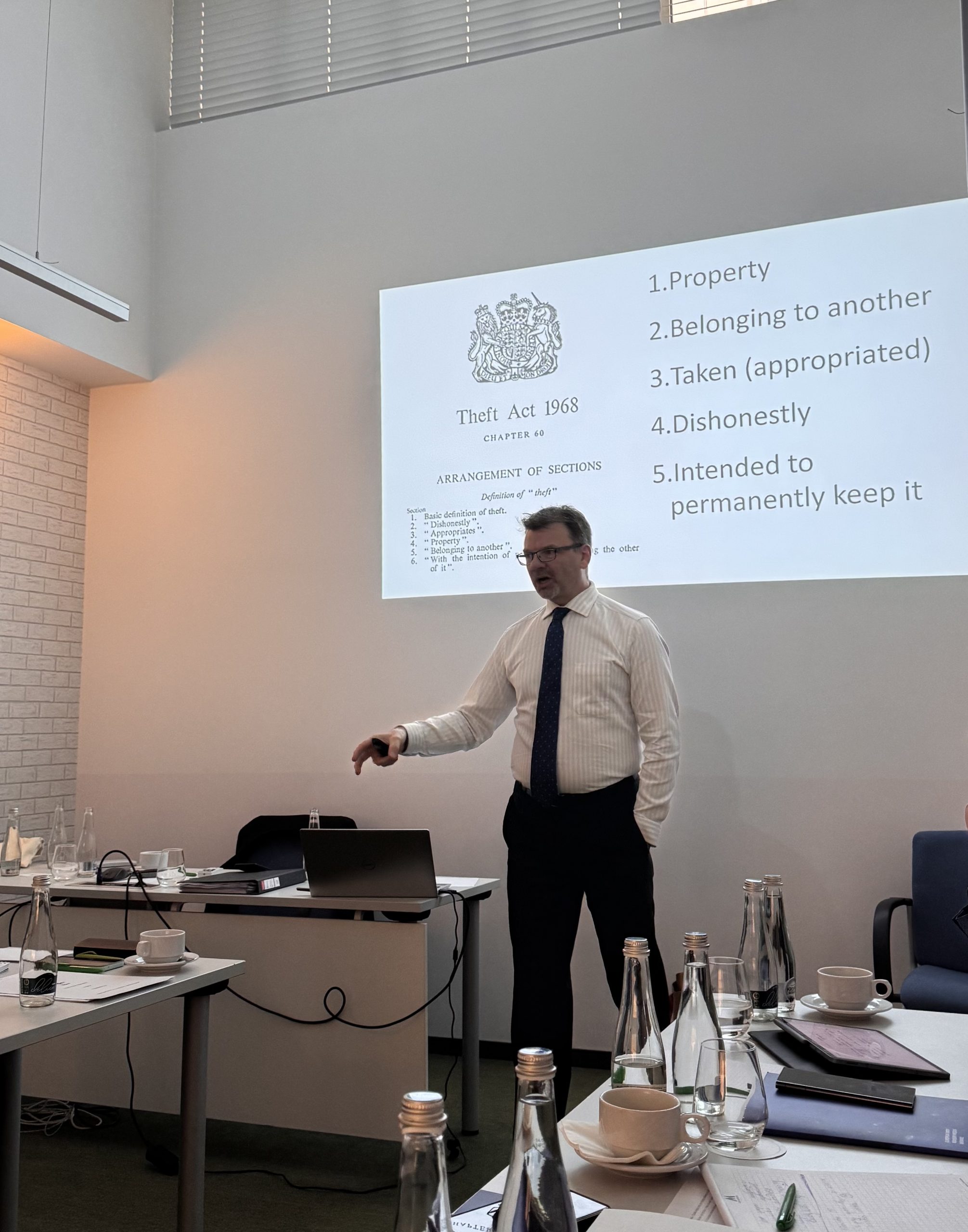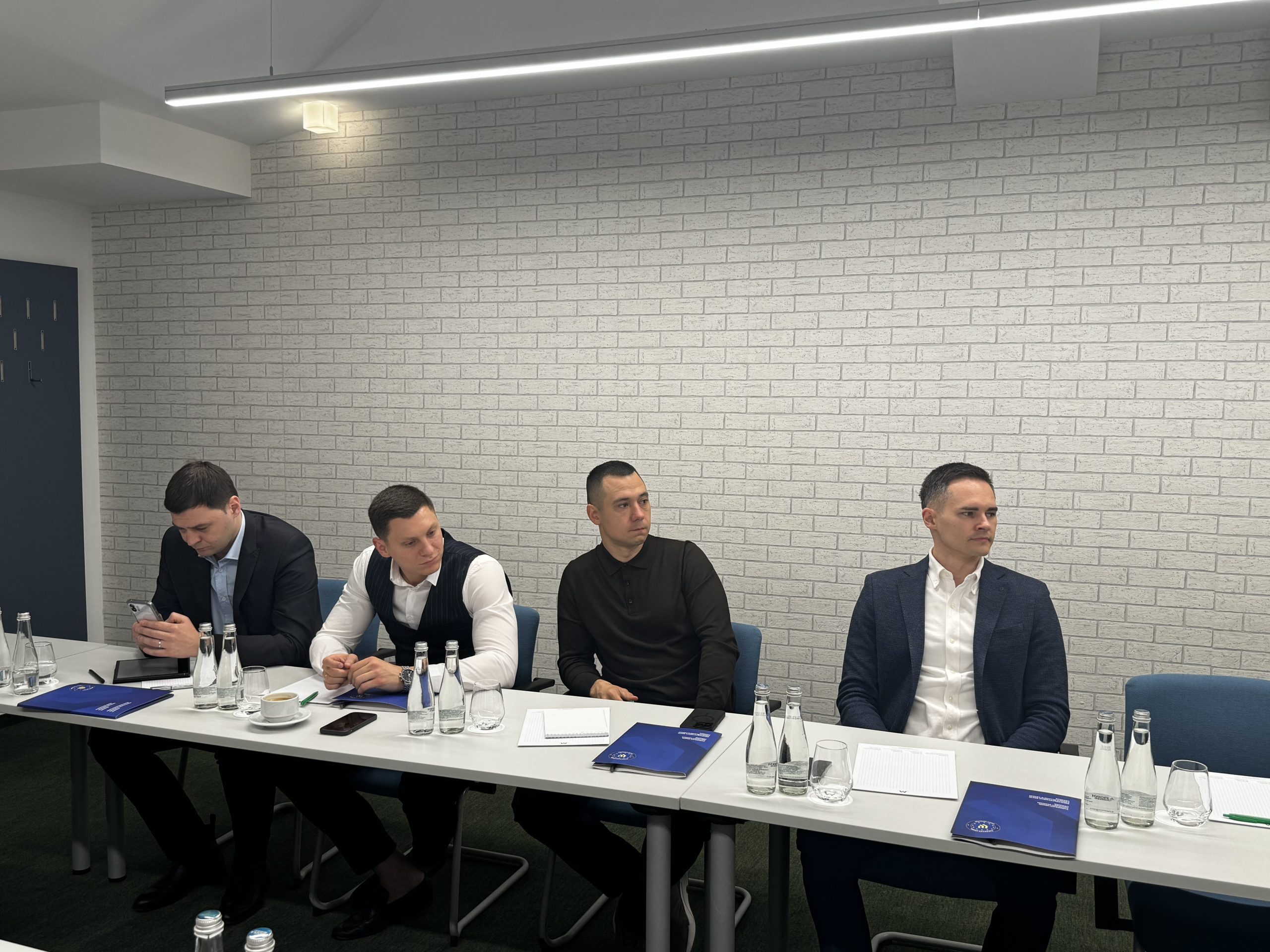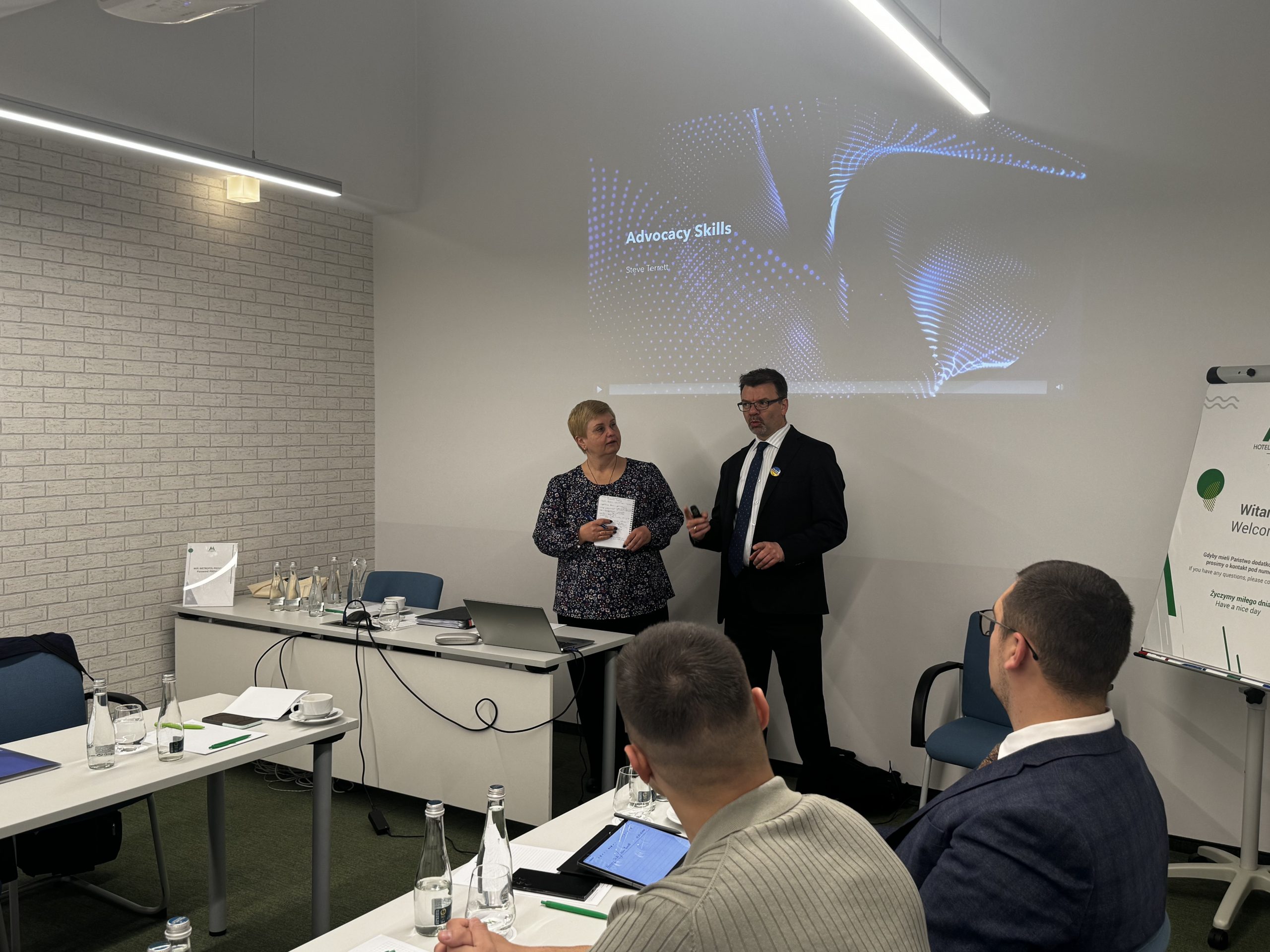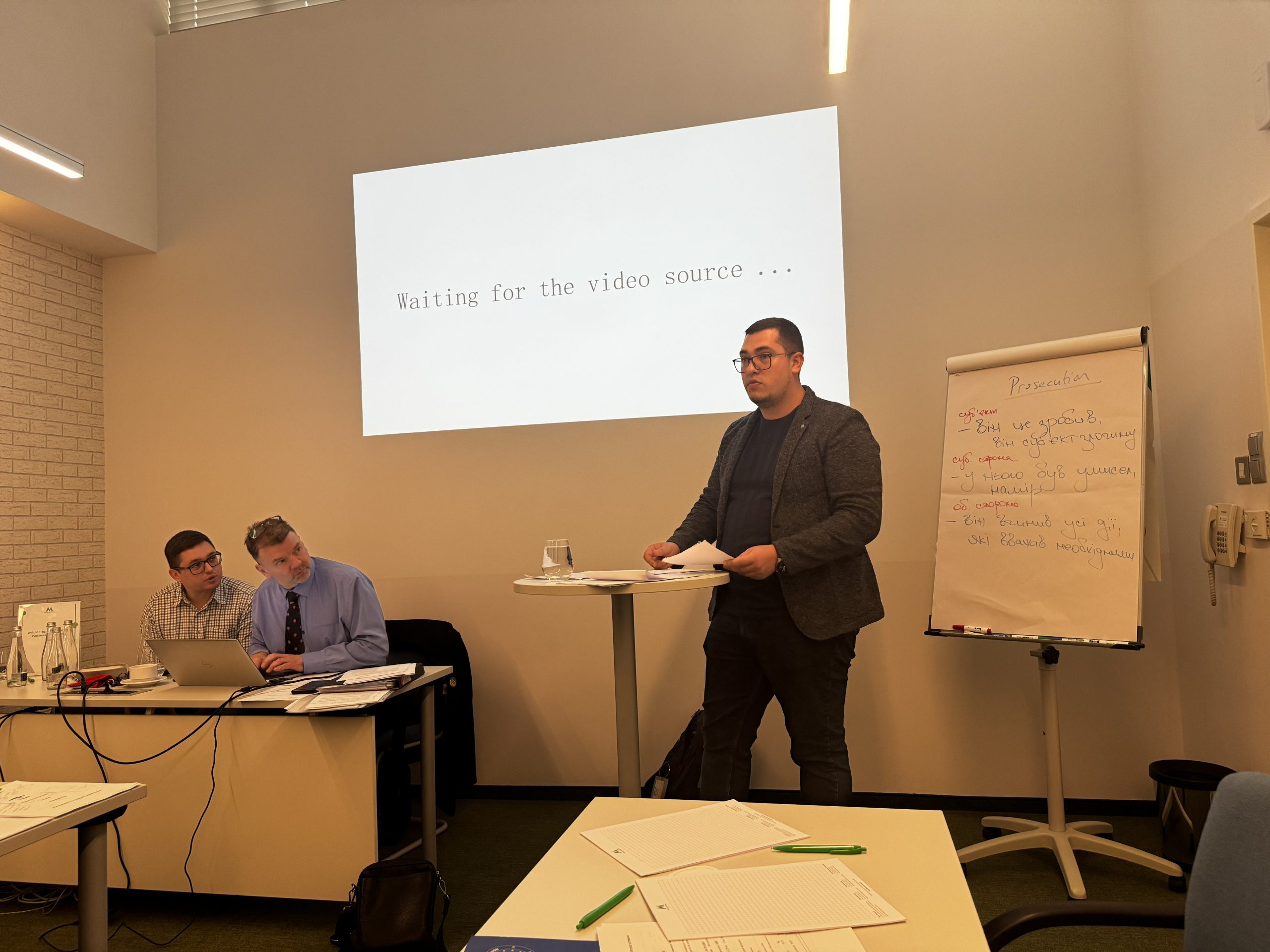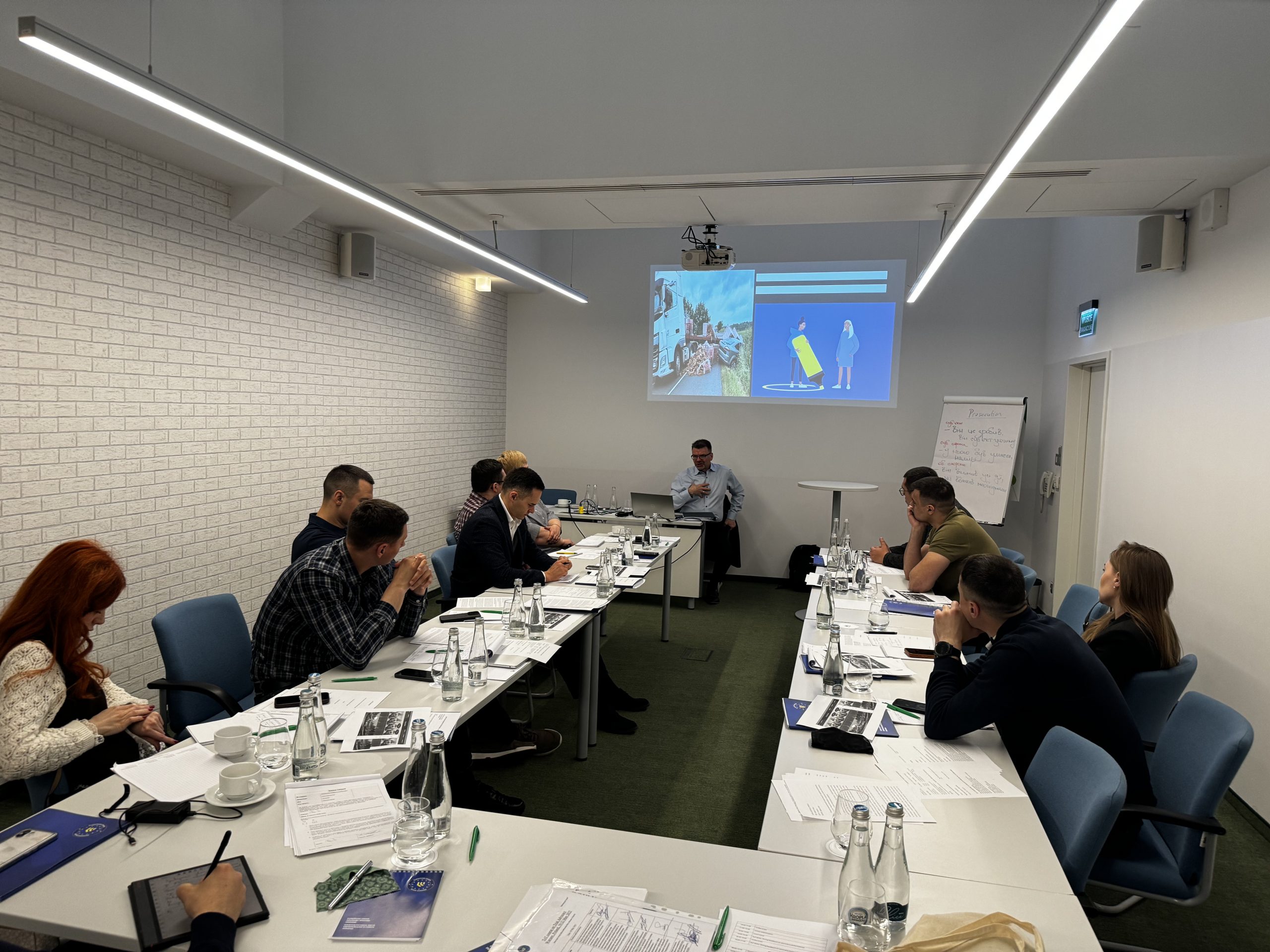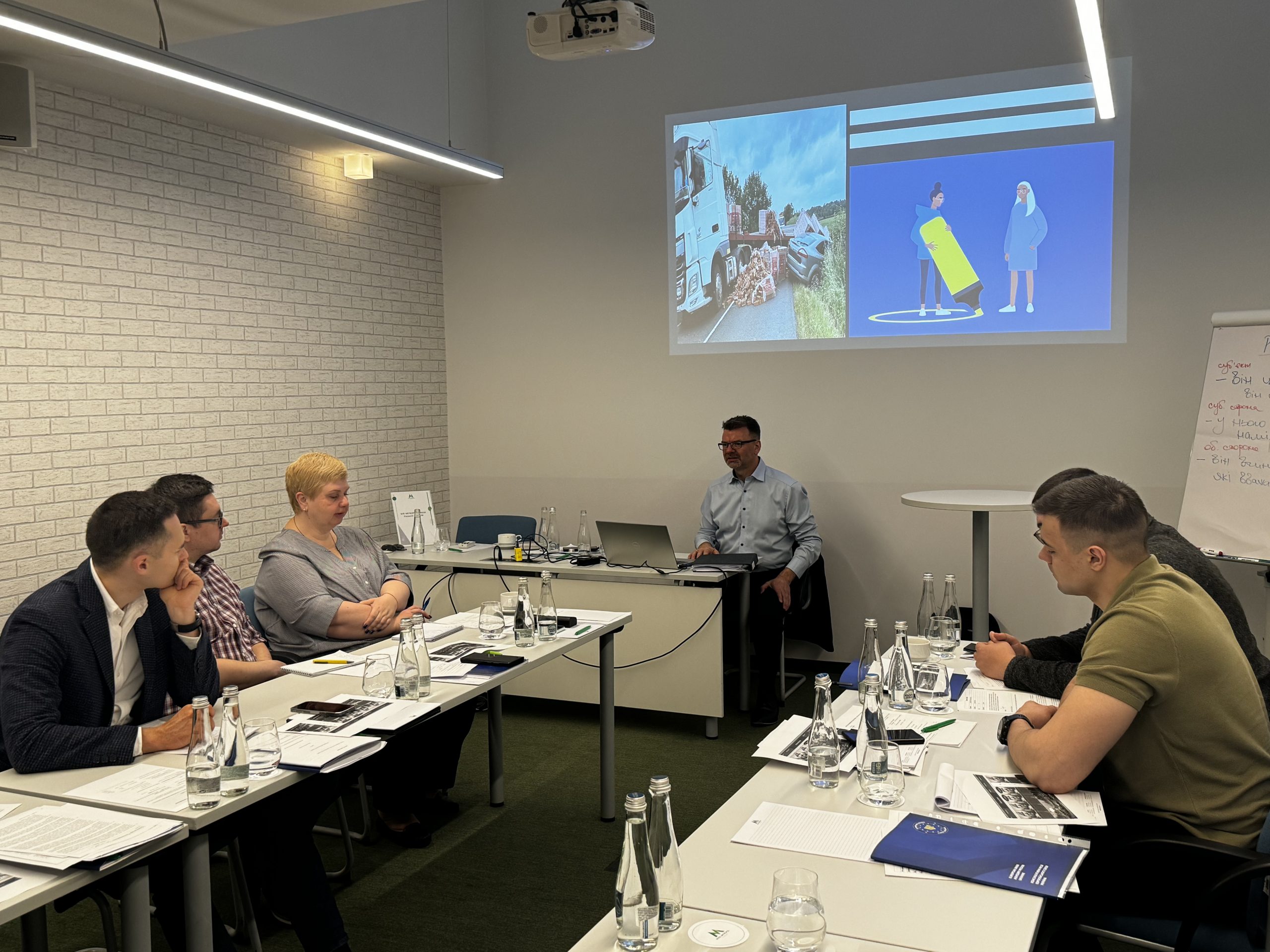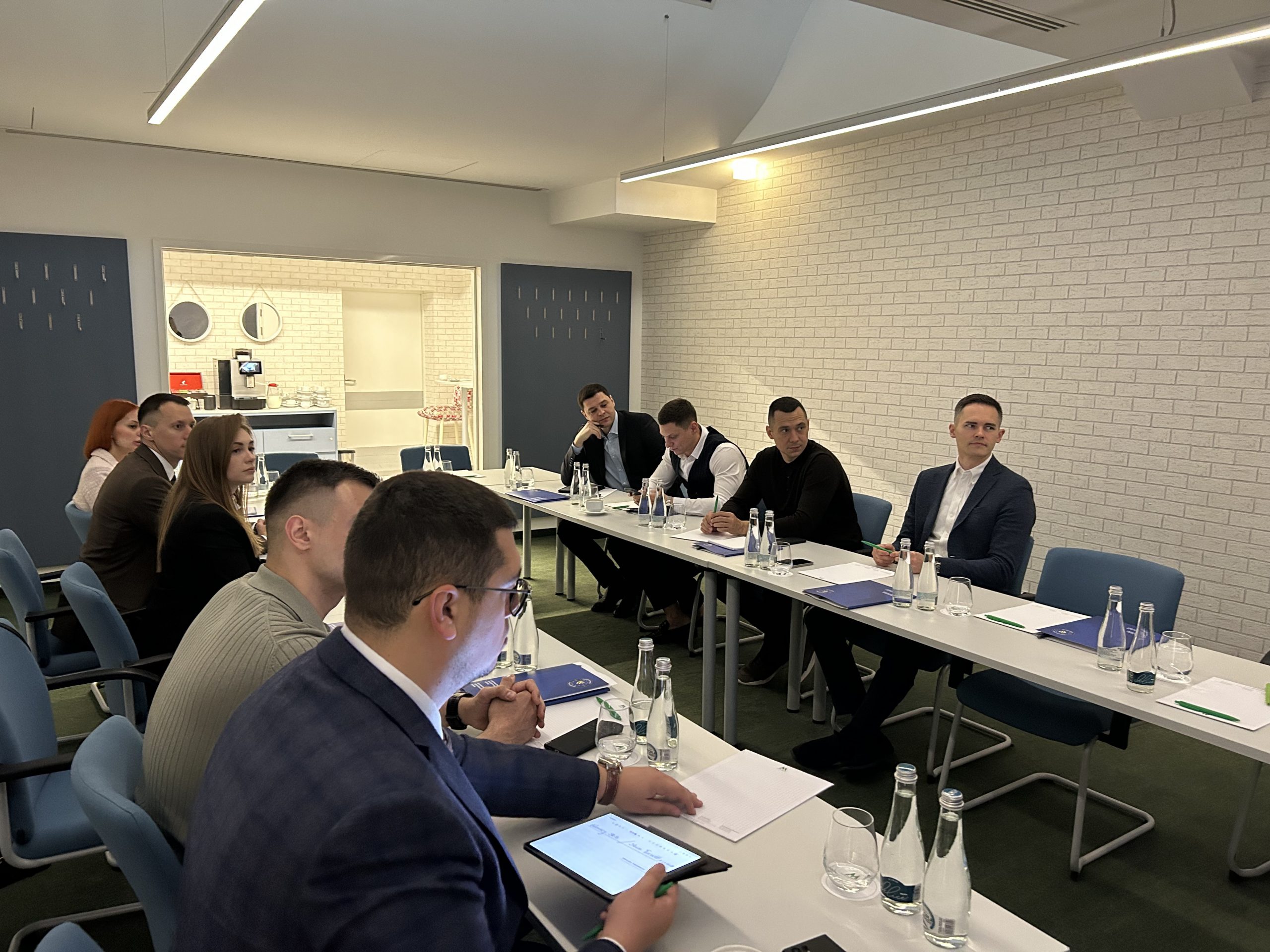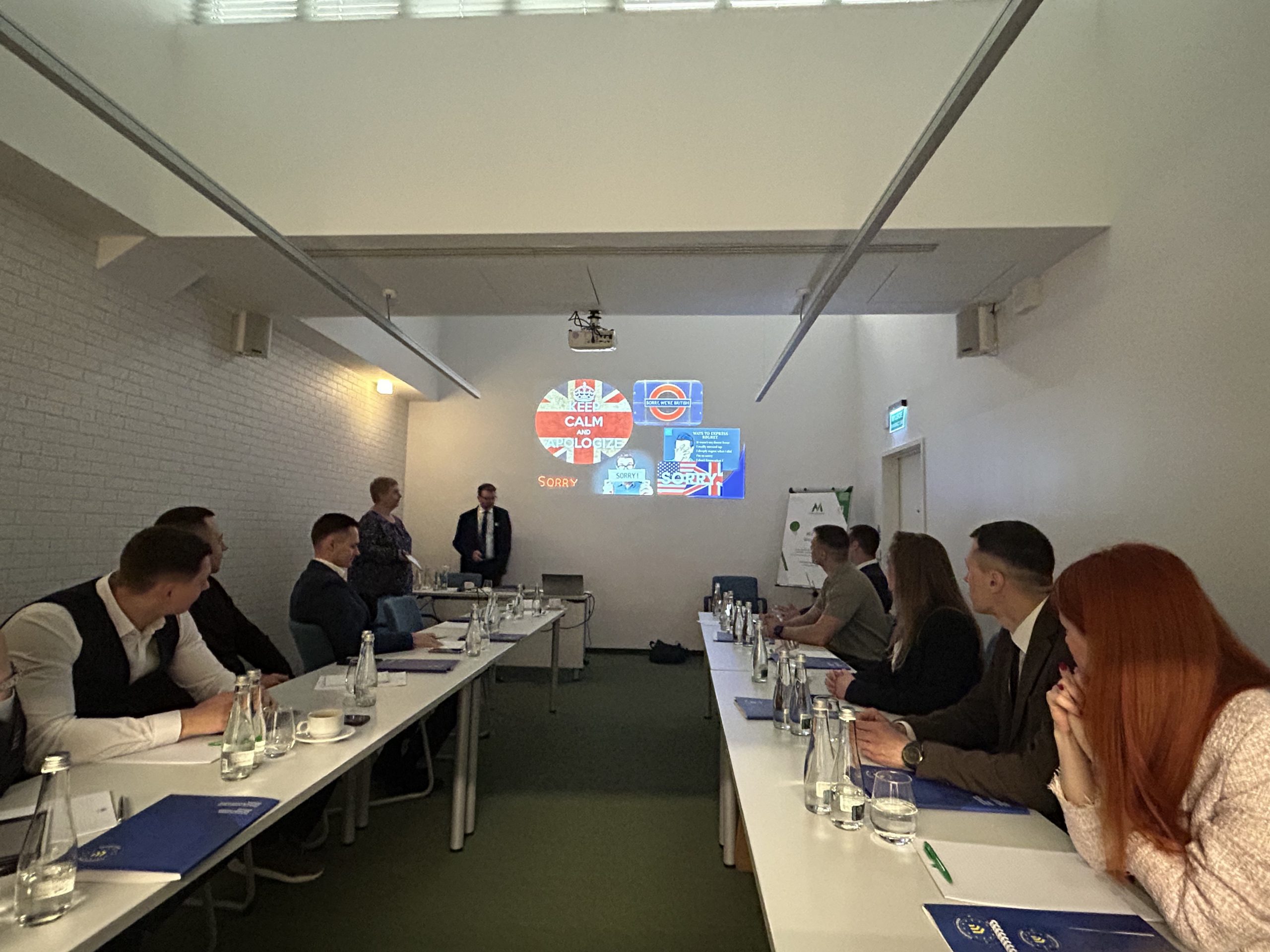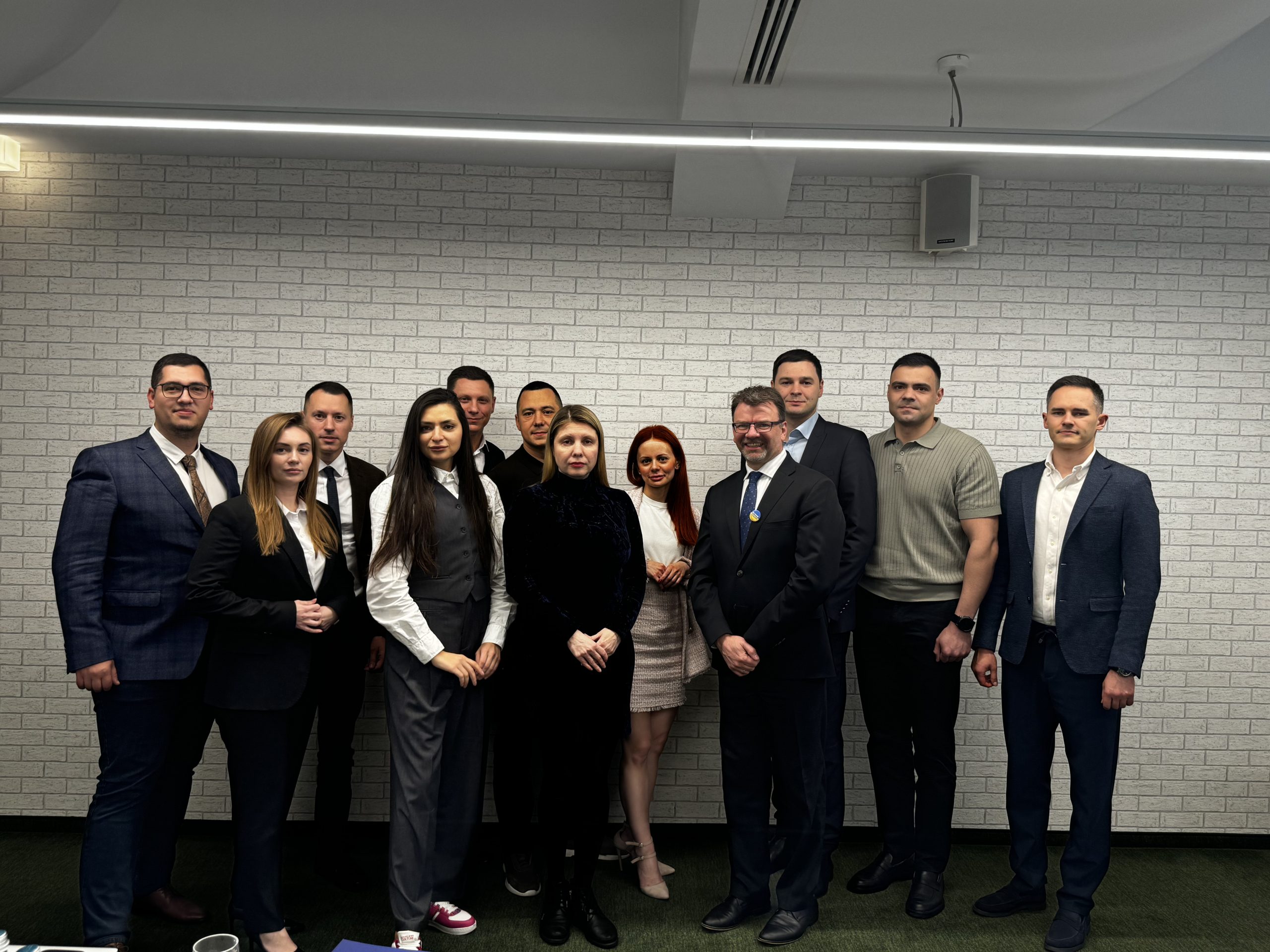Prosecutors Lead the Way in Modernising Courtroom Advocacy
June 03, 2025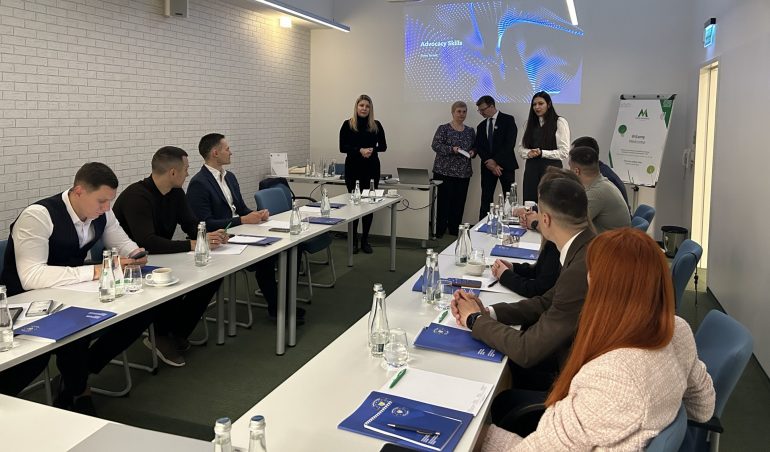
Ten prosecutors from Ukraine have returned from Warsaw equipped with new tools to train their peers in courtroom advocacy – an area seen as vital for ensuring fair trials and effective prosecutions.
“Criminal proceedings in Ukraine often underestimate witness testimony as a form of evidence, citing the human factor, which we are used to doubting,” shares Yana Talyzina, Deputy Head of Department at the Kyiv City Prosecutor’s Office.
She was one of ten participants in an intensive training-of-trainers course on trial advocacy, held from 19 to 23 May in Warsaw. The course was designed to enhance courtroom performance and build national capacity by strengthening the teaching skills of experienced prosecutors.
“Over five days of training, we completely re-examined our assumptions, rethought the importance of direct and cross-examination, and came to understand the power of conviction, doubt, and discrediting – and how to use them effectively,” Talyzina adds.
Organised by the European Union Advisory Mission (EUAM) Ukraine at the request of the Prosecutor’s Training Centre of Ukraine, the course targeted prosecutors who already lead advocacy training across the country.
“Selected trainers from both central and regional prosecution offices improved their courtroom skills and are now ready to pass that knowledge on to fellow prosecutors,” said Svitlana Oliinyk, Prosecutorial Reform Officer at EUAM, highlighting the importance of the training.
Led by Dr Stephen Terrett, an international expert in courtroom advocacy, the programme blended legal theory with practical exercises – from constructing persuasive statements to mastering direct and cross-examinations.
“The Hampel Method, which we learned about during the training, will allow trainers to focus on one key aspect of speech, making feedback clear and useful for participants,” explains Vladyslav Turkin, a prosecutor from Zaporizhzhia. “This structured approach is essential for building lasting courtroom advocacy skills and raising the overall professional standard of prosecutors.”
Participants agreed that the training offered not only professional growth but also a blueprint to scale up learning.
“The training provided us with an opportunity to develop a methodology for delivering similar sessions, which will enable us to pass on the knowledge gained to other colleagues in the future,” said Valerii Zhydkov, from the General Inspectorate at the Office of the Prosecutor General.
The participants agreed to continue working together to adapt and deliver a revised version of the course in Ukraine. A follow-up online session with the trainer is already planned, helping ensure the knowledge gained in Warsaw continues to strengthen Ukraine’s prosecutorial practice nationwide.


